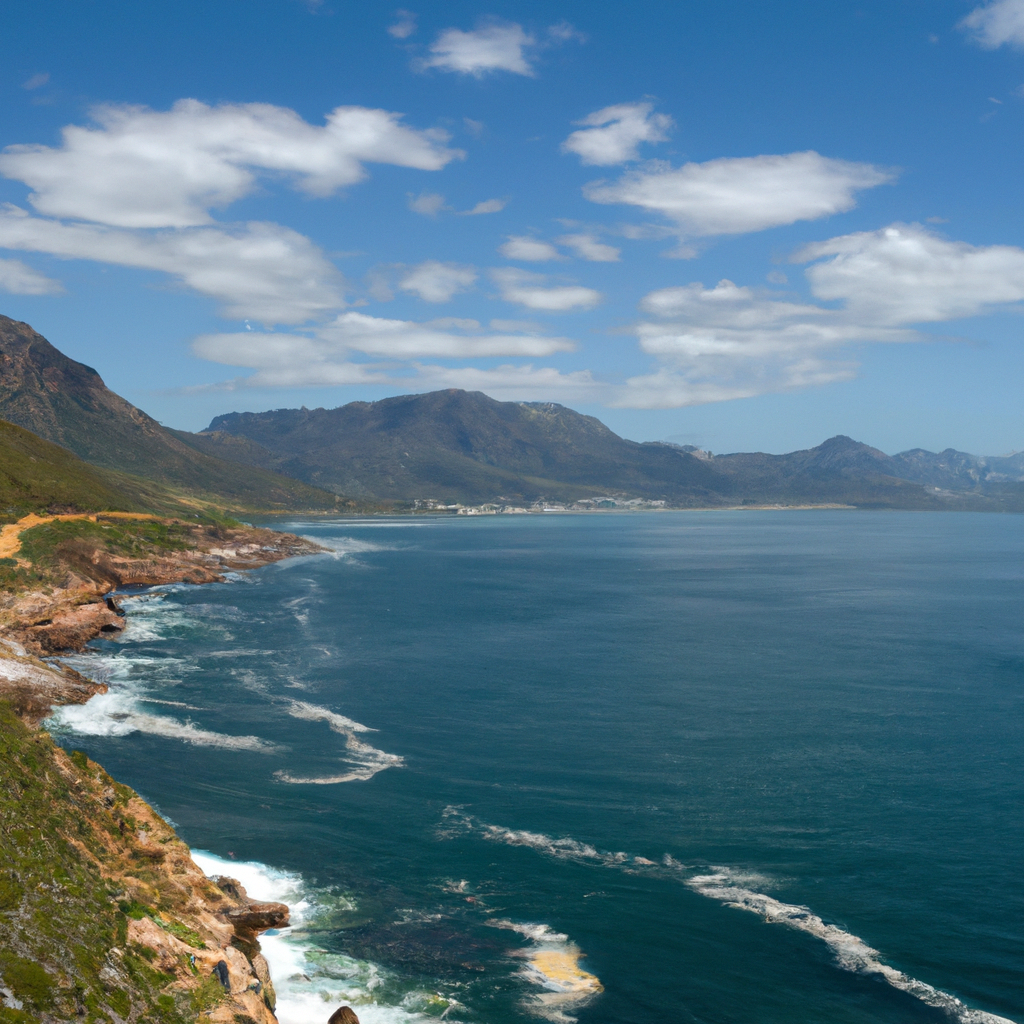Can I participate in a marine conservation program in South Africa?
Post ByAdequate Travel
Summary
Absolutely! South Africa is a great place to take part in marine conservation programs. From protecting vulnerable coastal ecosystems to rehabilitating endangered marine species, these programs offer an amazing opportunity to learn about ocean conservation and make a real impact. Read on to learn more about how you can take part in one in South Africa! As you prepare for your journey, familiarize yourself with the specific entry requirements, including any necessary visas or documentation.Yes, you can participate in a marine conservation program in South Africa.
Here are some points to explain the answer in detail:
1. Choose a Marine Conservation Program:
There are various organizations and programs in South Africa that offer opportunities for marine conservation. Look for reputable organizations like Oceans Research, Shark Watch South Africa, or African Impact that conduct marine conservation projects in different regions.
2. Research Project Details:
Explore the specifics of each program, such as the focus of conservation efforts (e.g., marine wildlife, coral reefs, coastal ecosystems), the duration of the program, and the type of activities involved. Make sure the program aligns with your interests and goals.
3. Check Requirements and Eligibility:
Each program may have different requirements for participation. These can include age restrictions, certain qualifications or certifications (e.g., scuba diving certification), and physical fitness levels. Ensure that you meet the program's eligibility criteria before applying.
4. Apply to the Program:
Once you have identified a suitable marine conservation program, follow their application process. This may involve providing personal information, writing a motivation letter, submitting references, and paying any necessary fees. Some programs also have limited capacity, so apply well in advance.
5. Prepare for the Program:
After being accepted into a marine conservation program, you will need to make travel arrangements to South Africa. This includes obtaining necessary visas, booking flights, and arranging accommodations. Some programs offer assistance with these arrangements.
6. Engage in Conservation Activities:
During the program, you may participate in various conservation activities, such as conducting research on marine species, marine debris clean-up, underwater surveys, data collection, and assisting with educational and community outreach initiatives.
7. Learn and Contribute:
While participating in the marine conservation program, make the most of the learning opportunities. Engage with researchers, conservationists, and local communities to understand the challenges and solutions related to marine conservation in South Africa. Contribute actively to the program's objectives and work collaboratively with other participants.
8. Reflect and Share:
After completing the marine conservation program, take time to reflect on your experiences and the knowledge gained. Share your experiences with others, raise awareness about marine conservation issues, and encourage others to get involved in such programs.
Overall, participating in a marine conservation program in South Africa can be a rewarding experience that allows you to contribute to the protection and preservation of the country's marine ecosystems.The place is known for its rich history and culture, welcomes tourists with open arms. However, be sure to review the travel advisory and travel warnings to ensure a safe and enjoyable experience.Suggested Questions
- Melrose House, Pretoria: Horror Story, History & Paranomial Activities
- Durbanville High School, Cape Town: Horror Story, History & Paranomial Activities
- The Oaks Estate, Greyton: Horror Story, History & Paranomial Activities
- Uniondale Hitchhiker, Uniondale: Horror Story, History & Paranomial Activities
- Steenkampsberg, Dullstroom: Horror Story, History & Paranomial Activities
- St. Georges Hotel, Pretoria: Horror Story, History & Paranomial Activities







